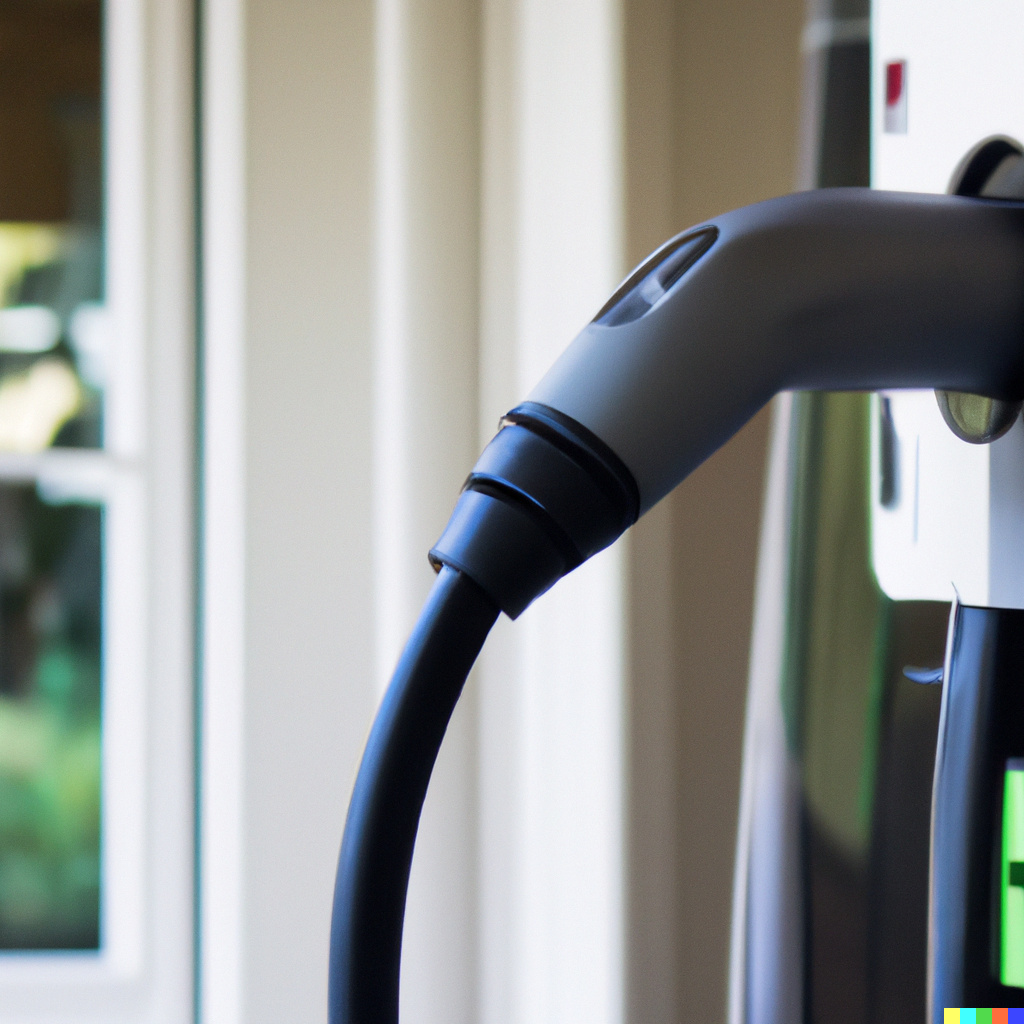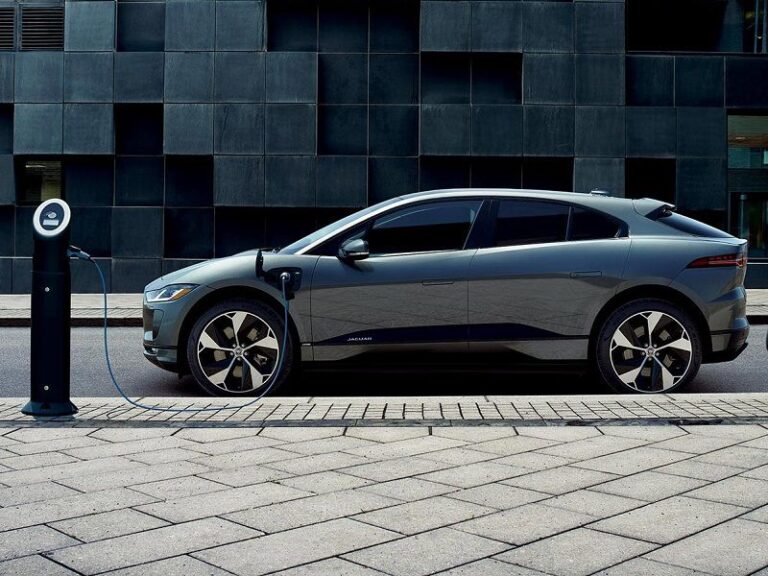
Powering Up at Home
Installing a level 2 home charging system for an electric vehicle offers many advantages.
EVs provide benefits like zero emissions, stability, quietness and cost-effectiveness. Buying an EV may require getting a better plan to keep it charged with the aid of a faster home charger system than simply using its basic plug-in charger. Therefore, powering up your EV at home, you should consider installing a more powerful, quicker level 2 system.
Types of Home Chargers
A Level 1 charger is commonly provided with electric vehicles, designed for connections to a 120-volt household outlet using a cable from the car’s port. This can add 3 miles of progress in one hour while needing overnight charge and more than 20 hours to completely restore its battery.
A Level 2 non-portable home charging system ideal for electric vehicles (EV) can provide a full charge within three hours, depending on the range of your EV. It is wall- or pedestal-mounted and connected to a 240 V circuit. This device can recharge up to 50 miles per hour.
Recharging time can be estimated based on the battery’s size, charger’s power output, and the EV’s charging speed. These three factors combined greatly determine how long it takes to fully recharge an electronic vehicle.
It may not be a do it yourself project
A professional electrician should be hired if a Level 2 charger is to be installed; they can determine the correct position for the system, taking into consideration its proximity to the electrical panel and other details.
If your EV charger isn’t J1772 compatible, a special adapter will be necessary for it to work with a Level 2 charger. Installation of the charger should be done by a licensed electrician as required for National Electrical Code and local permit codes—for which you’ll need a permit from your city’s department.
Level 2 Price Tags
Running the gamut from a few hundred dollars up to two or more thousands and likely involving an electrician’s labor expenses as well, your total cost for installing an EV home charger system is dependent upon which brand and model is purchased, its positioning for installation, and any associated complexity. An upgraded panel could also be a hidden cost.
What Level 2 Chargers are Available?
- Clipper Creek
- JuiceBox
- ChargePoint
- Grizzl-E
- SHOCKFLO
- Autel
Lifespan of your EV Charger
The estimated lifespan of EV charging systems is around ten years; this is the average standard design period length.
Make sure to follow the instructions of the manufacturer and use only a charging system which is compatible with your EV. To prevent electric shock, never come into contact while the system is in operation with the cables, connectors at the charging station, or your own vehicle. Additionally, keep cables stored safely when not in use to safeguard the lifespan of your level charging system.
So What Does Charging Cost?
Here is an example, this will vary based on where you live, your EV and how far you drive each week ie how many times you charge.
The estimated average cost to charge a Chevy Bolt’s battery completely from 20%-100% is $7.80 (60Kw x 13 cents). This is expected to give the vehicle 238 miles in range, implying an annual cost of around $405 when one averages out how frequently it should be charged, usually each week.
Driving an EV may save you money overall, however it is important to account for the cost of installing a Level 2 charger when figuring the total price of purchasing one.



